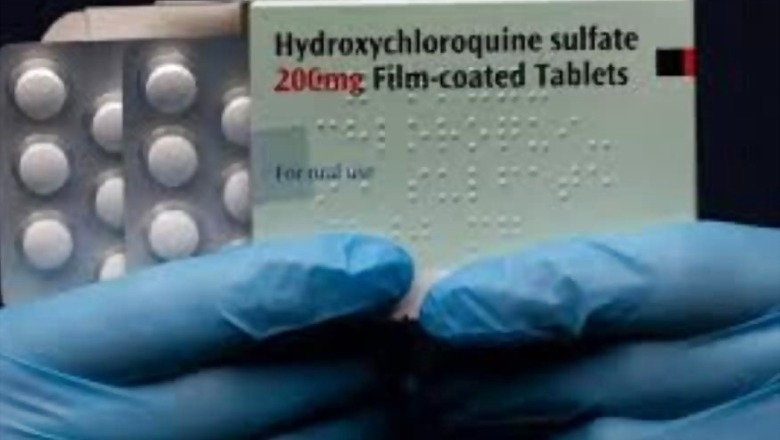
views
The Lancet journal has issued a statement of concern after over 100 scientists from across the world flagged discrepancies in its recent study linking the malaria drug hydroxychloroquine with increased death risk during COVID-19 treatment.
"We are issuing an Expression of Concern to alert readers to the fact that serious scientific questions have been brought to our attention. We will update this notice as soon as we have further information," the editors of the journal said.
The statement has come after more than 100 scientists from across the globe wrote an open letter to the editor of The Lancet, Richard Horton, questioning the validity of the study which assessed the safety and effectiveness of hydroxychloroquine (HCQ) in COVID-19 treatment.
The research, which was published on May 22, was an observational study of 96,032 hospitalised COVID-19 patients from six continents that reported substantially increased deaths, and incidences of heartbeat rhythm changes associated with the use of the drugs HCQ and closely related chloroquine.
Based on the study, the scientists had concluded that the drugs are "associated with decrease in-hospital survival and an increased frequency of ventricular arrhythmias when used for treatment of COVID-19."
Soon after the study was published, the World Health Organisation (WHO) paused recruitment of patients to the HCQ arm in their SOLIDARITY clinical trial, which they resumed on Wednesday after the scientists questioned the study.
"If we don't have a double blind randomised controlled trial (RCT), where the neither the doctors nor the patients know what drug they are on, conclusions are always subject to bias, and The Lancet study was not and RCT," explained Ram Vishwakarma, Director of CSIR-Indian Institute of Integrative Medicine (CSIR-IIIM) in Jammu.
Vishwakarma told PTI that the ethical process in publishing scientific studies is to disclose the database being used in any study, which he said was not followed in The Lancet research.
"Important scientific questions have been raised about data reported in the paper by Mandeep Mehra et al -- Hydroxychloroquine or chloroquine with or without a macrolide for treatment of COVID-19: a multinational registry analysis -- published in The Lancet on May 22, 2020," said the editors of The Lancet in their statement expressing concern.
The research was based on a database from a company based in Illinois, US called Surgisphere Corporation, which according to the study contains COVID-19 patient data from hundreds of hospitals around the world.
From this database, the study assessed data from 96,032 patients admitted to 671 hospitals across six continents by April 14, of whom, 10,698 had died in hospital by April 21, according to the research.
However, in the open letter, the researchers flagged several points of concern about the validity of this data, and the kind of analysis done in the study with it.
Among the major issues cited in the Lancet study by the scientists, are concerns that there was no mention of the countries or hospitals that contributed to the data source and no acknowledgments of their contributions.
The data reported in the study from Australia, for instance, the open letter said, was not compatible with government reports from the country.
Data from Africa, for instance, indicated that nearly 25 per cent of all COVID-19 cases and 40 per cent of all deaths in the continent occurred in "Surgisphere-associated hospitals" which had patient monitoring facilities that could detect and record "nonsustained or sustained ventricular tachycardia or ventricular fibrillation".
"Both the numbers of cases and deaths, and the details provided, seem unlikely," the scientists flagged in the open letter.
Scientists also noted that the mean daily doses of HCQ reported in the Lancet study are 100 milligrames (mg) higher than US Food and Drug Administration recommendations, while as much as 66 per cent of the data are noted from North American hospitals.
In the expression of concern raised by The Lancet on Wednesday, they said "an independent audit of the provenance and validity of the data has been commissioned by the authors not affiliated with Surgisphere and is ongoing."
"The expression of concern means that no scientist or doctor should be biased from the study," Vishwakarma explained.
"But that doesn't mean the study is wrong. Now the author's replies need to come and if they have all the evidence supported, then the study will stand, otherwise this paper will have to be retracted," he said.












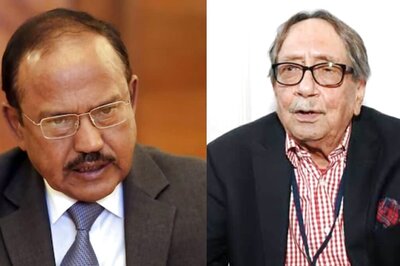
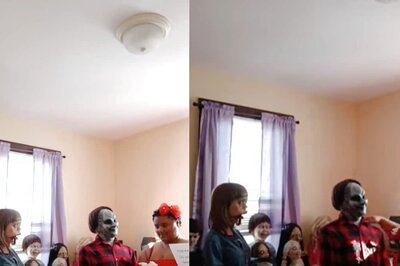

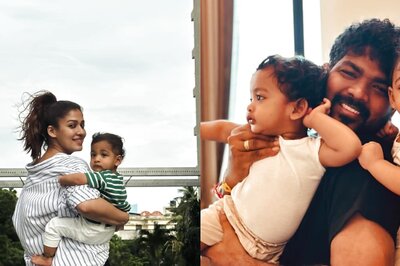

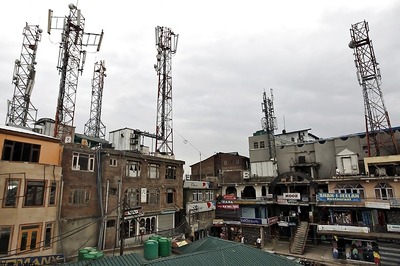
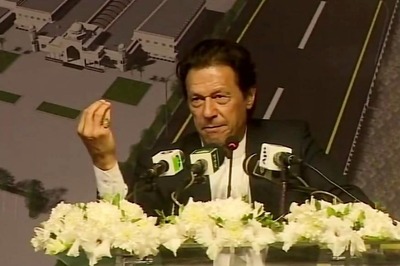
Comments
0 comment